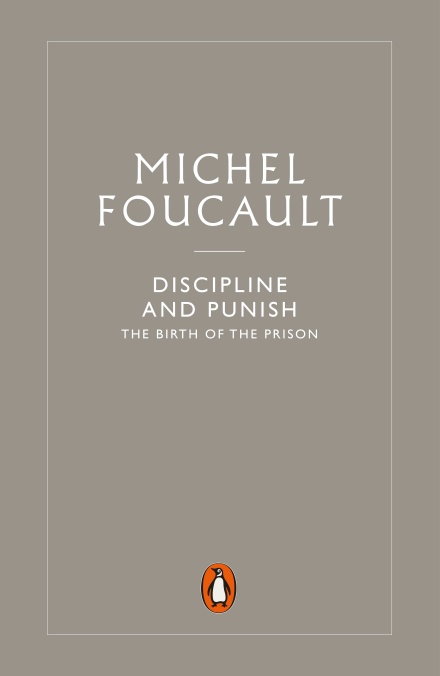What do you think?
Rate this book


337 pages, Kindle Edition
First published January 1, 1975

It has always been these kinds of practical, moral questions that have tended to stir anarchist passions: What is direct action? What kind of tactics are beyond the pale and what sort of solidarity do we owe to those who employ them? Or: what is the most democratic way to conduct a meeting? At what point does organization stop being empowering and become stifling and bureaucratic? For analyses of the nature of the commodity form or the mechanics of alienation [i.e. capitalist structures, materialism], most [anarchists] have been content to draw on the written work of Marxist intellectuals (which are usually, themselves, drawn from ideas that originally percolated through a broader worker’s movement in which anarchists were very much involved). Which also means that, for all the bitter and often violent disagreements anarchists have had with Marxists about how to go about making a revolution, there has always been a kind of complementarity here, at least in potentia.
We have seen how money is transformed into capital; how surplus-value is made through capital, and how more capital is made from surplus-value. But the accumulation of capital presupposes surplus-value; surplus-value presupposes capitalist production; capitalist production presupposes the availability of considerable masses of capital and labour-power in the hands of commodity producers. The whole movement, therefore, seems to turn around in a never-ending circle, which we can only get out of by assuming a primitive accumulation (the ‘previous accumulation’ of Adam Smith) [Note: ‘The accumulation of stock must, in the nature of things, be previous to the division of labour’ (Adam Smith, Wealth of Nations, Bk II, Introduction)] which precedes capitalist accumulation; an accumulation which is not the result of the capitalist mode of production but its point of departure.
This primitive accumulation plays approximately the same role in political economy as original sin does in theology. Adam bit the apple, and thereupon sin fell on the human race. Its origin is supposed to be explained when it is told as an anecdote about the past. Long, long ago there were two sorts of people; one, the diligent, intelligent and above all frugal élite; the other, lazy rascals, spending their substance, and more, in riotous living. The legend of theological original sin tells us certainly how man came to be condemned to eat his bread in the sweat of his brow; but the history of economic original sin reveals to us that there are people to whom this is by no means essential. Never mind! Thus it came to pass that the former sort accumulated wealth, and the latter sort finally had nothing to sell except their own skins. And from this original sin dates the poverty of the great majority who, despite all their labour, have up to now nothing to sell but themselves, and the wealth of the few that increases constantly, although they have long ceased to work [inheritance, passive income, money creating more money]. Such insipid childishness is every day preached to us in the defence of property [i.e. capitalist property over the means of production; not personal property].
